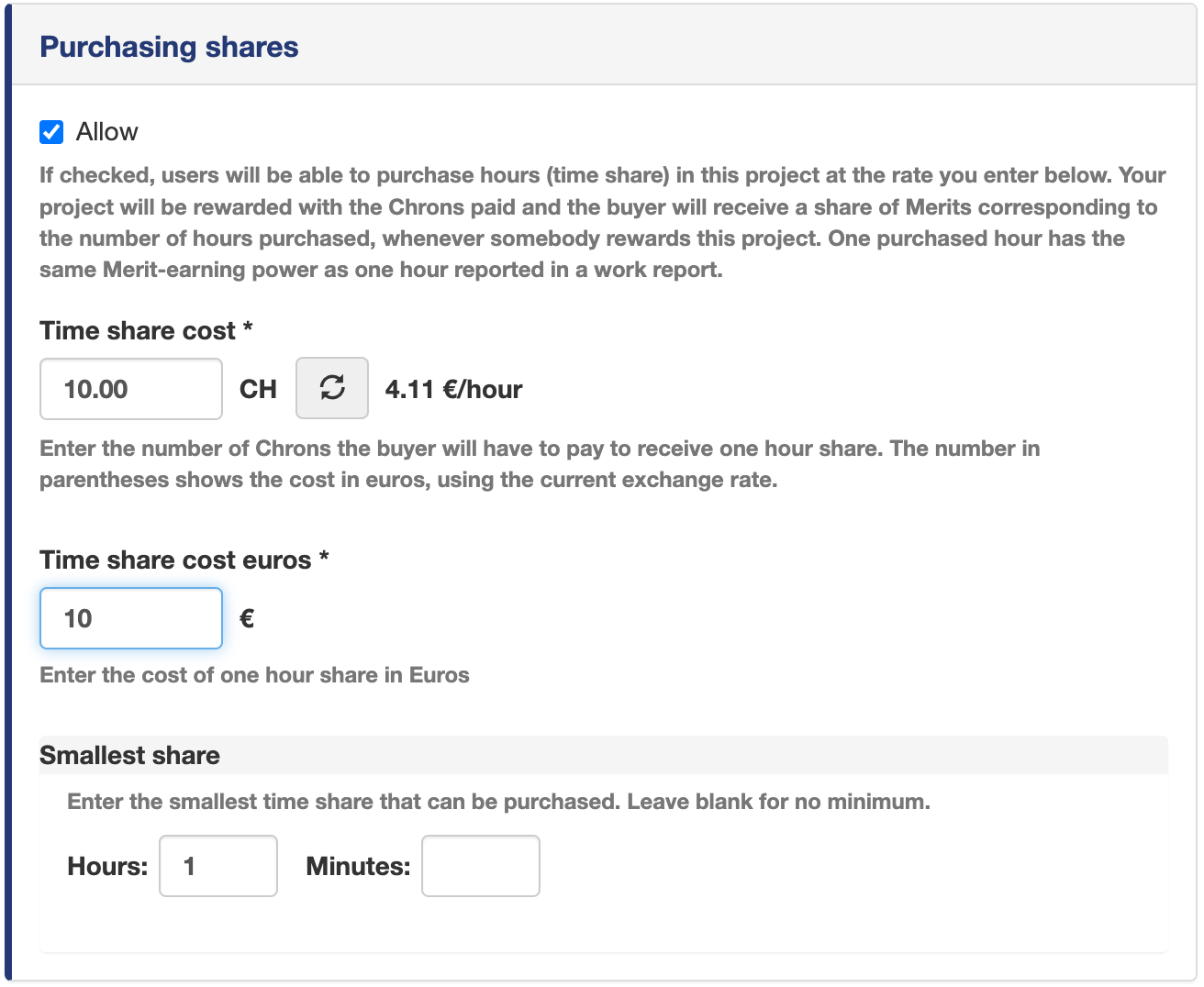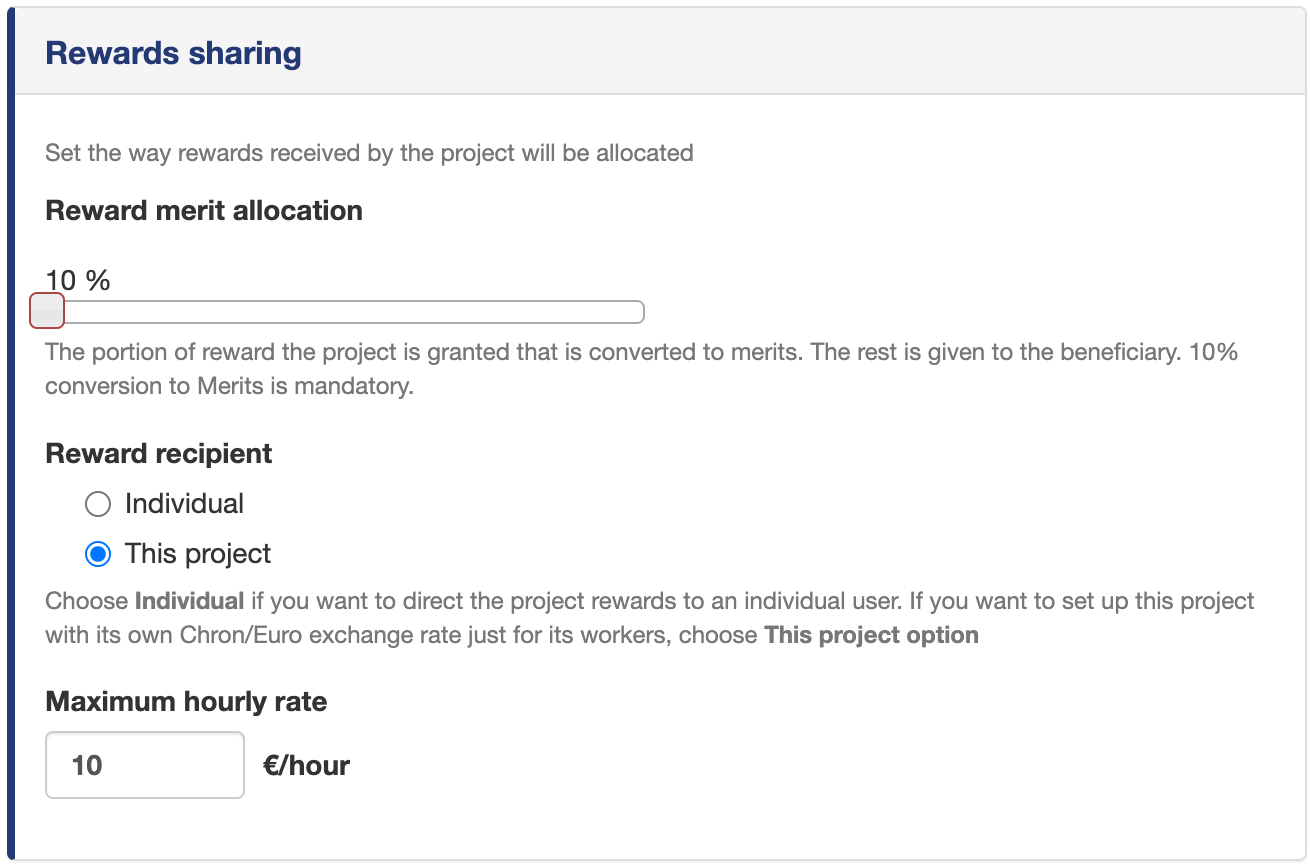For communities

Rovas offers functions for tracking engagement on community projects, enabling direct and indirect participation, and facilitates value exchange within and outside of communities
One of the most pressing problems communities often face is unequal participation of their members in community projects. It is not uncommon for only a small number of community members to do most of the work on a particular project. This might create problems if the non-participants do not contribute back some kind of benefit or their own work on other community projects.
Rovas solves this problem by enabling several forms of contributions to a common project:
- By working directly on the project,
- By buying participation with work performed on other community projects,
- By buying participation with national currency
Use Case
Let's imagine a community of around 100 members who want to build a tool shed for the community garden. Let's assume the community has funding for building materials for the shed from donations or other grants. We will be concerned only with the labor contributions from the members.
The community decides that every member will contribute a given number of hours of their own labor to the project within a chosen period. It acknowledges that not every member can provide their share of labor by working directly on the project, so it also allows contributions of work invested in other community projects. To accommodate members who cannot provide labor, it also accepts contributions in national currency payments.
The community would take the following steps in Rovas:
- A designated community member (the project owner) creates a project record in Rovas for the garden shed project.
- The community members add themselves as "shareholders" in the project.
- The project owner optionally grants project management rights to other shareholders.
- The project owner sets the cost of one-hour shares in Chrons in the Time share cost and the Time share cost euros fields.

To prove participation in the "shed" project, the members would buy shares with Chrons earned in any Rovas project. Members who do not or cannot provide labor in Rovas would use their national currency (Euros) to buy the required number of shares.
To increase the motivation of community members to work on the "shed" project, the project owner can adjust settings in the Rewards sharing section to funnel any payments made to the project to its participants. Assuming that all community members purchase the same number of shares in the project, this setting would allow the "shed" project workers to get a larger Merit share and possibly allow them to also exchange their Chrons for national currency, paid to the project.

Other Benefits
- In addition to accurate and fair accounting of contributions to common projects, the "paper trail" of work reports filed by community members in community projects creates a detailed record of community activities. These records are publicly visible and can be used by the community members to increase awareness of their potentially wider-society-benefiting work to the general public.
- The Rovas currency Chron provides a more effective way to exchange goods and services than direct barter, while avoiding some problems associated with other community currencies based on the mutual credit mechanism or time banking.
- Any payment made into a Rovas project earns Merits for the project workers, resulting in the creation of individual Merit scores. These are publicly visible measures of the usefulness of one's work and also carry information about expertise in a particular work domain. Individual Merit scores can thus be used to locate individuals with particular skills, even by people from outside the communities.
